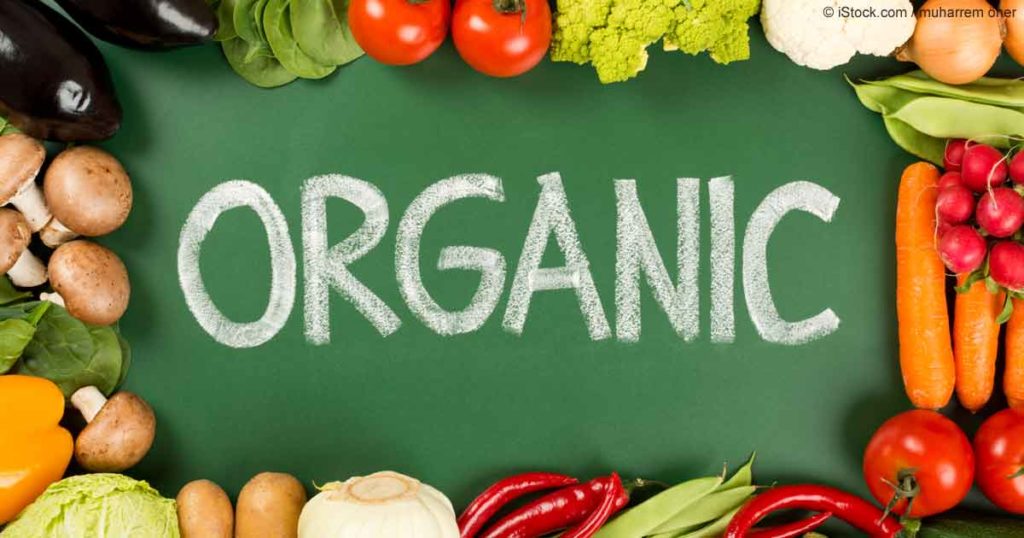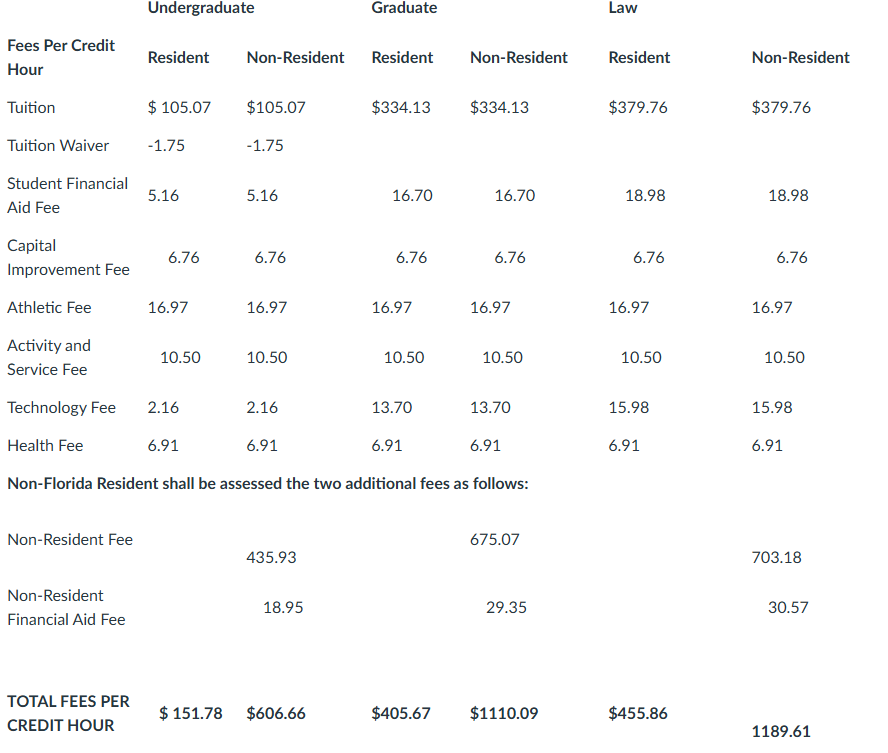Words by: Chelsea Stewart
The demand for organic food is growing more than ever. People want to know what’s in their food and where it’s coming from. Overly processed foods have left people cautious of artificial sweeteners and colors, preservatives, and genetically modified organisms, often referred to as GMOs.
GMOs are plants whose DNA has been altered in methods that cannot occur naturally or in crossbreeding.
According to the Non-GMO Project, high risk foods include alfalfa, squash, zucchini, papaya, apples, grapes, canola, many cereals, and most of the processed food we consume. GMOs are also linked to increased sensitivity to allergens and gastrointestinal problems.
Pesticides are, simultaneously, seen as essential and controversial in farming. They are used to protect crops from insects, mold and diseases, but the risk they pose are much more dangerous.
Studies have indicated that the use of pesticides is linked to cancer, asthma, high blood pressure, Parkinson’s disease, heart disease, hypertension and high cholesterol.
And at early ages, pesticide use can lead to behavioral disorders, birth defects and autism.
Jared Allen, a graduate business administration student, says he changed his eating habits after watching Food, Inc., a documentary that explores the depths of the food industry.
“For me, transitioning was almost mandatory when I found out that pesticides could potentially be causing cancer,” he said.
“I feel like my food tastes better when it’s organic. Yes, it might not last as long, but it’s totally worth it when it’s fresh and you don’t have to worry about what harmful substances are being put in your body.”
Ashley Stewart, a senior veterinary science major, cited the latest food regulation legislation as her reason for choosing a healthier diet.
“I was never really aware of GMOs or what it meant for something to be a GMO until Obama passed legislation a while ago,” she said.
“It just became scary to think of what could really be going on behind the scenes for there to be something new imposed after all of this time.”
The first GMO labeling standard came just under two months ago under the Obama administration. The new legislation requires that food packages display either a text label, electronic code, phone number, or symbol that determines if they contain GMOs or not.
Before the bill was passed, there were no federal labeling requirements.
“One day I just said I need to start eating right. I cut out soda, juice, even moisturizers other than organic coconut oil. I’ve seen a huge difference in energy, skin tone, endurance, and sleep. It has helped me tremendously in every area in life,” said McHale McGraw, a senior Hospitality Management student.
If you’re asking yourself what you can do to eat healthier and more consciously, the answer is to eat organic foods. The word “organic” refers to the way food is grown and processed by farmers, such as fruits, meat, dairy products and vegetables.
Organic farming reduces soil, air, and water pollution, soil erosion, uses less energy, is more profitable, and is safer for birds and other animals. Organic foods must be grown without the use of synthetic pesticides and fertilizers, as well as GMOs.
They can be found at retailers such as Whole Foods, Earth Fare and New Leaf.
A study by the British Journal of Nutrition found that organic dairy and meat contain nearly 50 percent more omega-3 fatty acids. Omega-3s are linked to better immune function and boosts cardiovascular protection. Foods like tomatoes, blueberries, and milk also have more antioxidants than non-organic options.
On the flipside, organic eating can be costly. On average, organic food costs 20 to 100 percent more than conventional food. Here are a few tips to follow when shopping:
- Buy fruits and vegetables in season to get the freshest product. Also consider buying them in bulk, as this can cut food prices dramatically.
- Shop at a farmer’s market. They sell at a discount compared to grocery stores.
- Compare prices between local markets.
- Start your own organic garden.
Happy eating!














